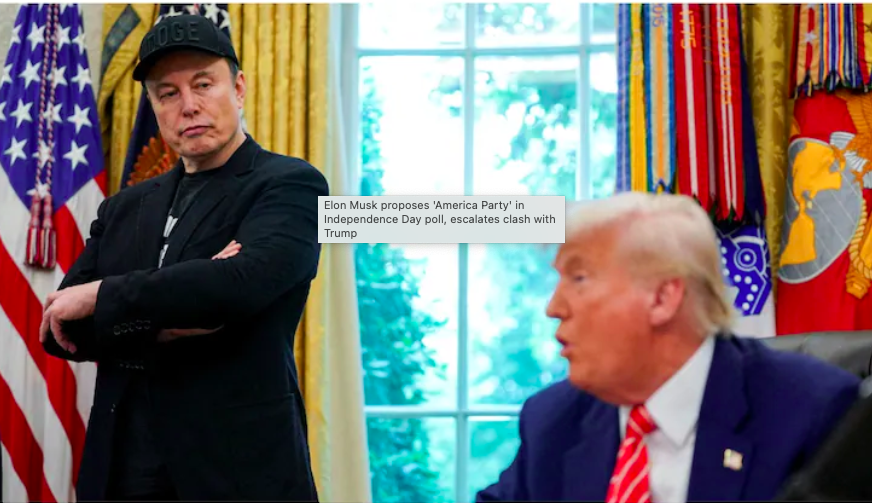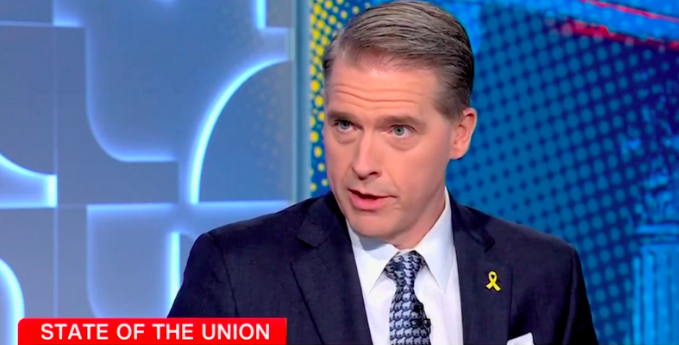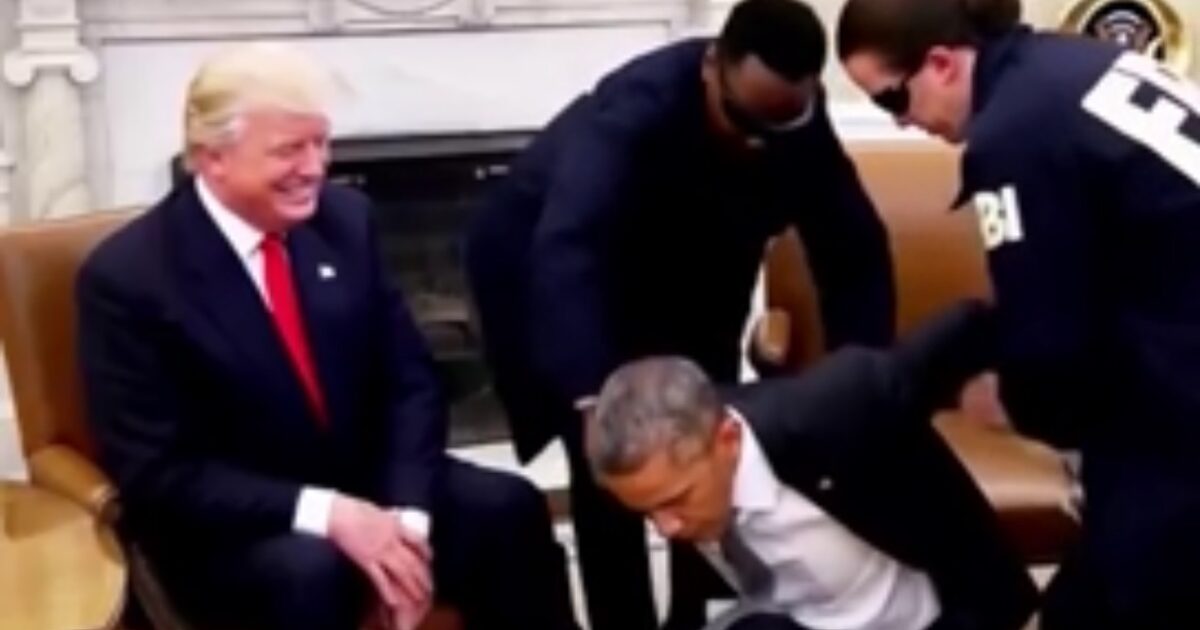Will Musk Upend U.S. Politics in 2026?
Elon Musk has intensified his campaign for structural change in American politics, arguing that the nation must break free from what he terms the “Democrat‑Republican uni‑party.” The tech entrepreneur’s renewed push, unveiled this week on July 4, outlines a blueprint for creating a centrist alternative to both major parties.
A centerpiece of Musk’s vision is the establishment of the so‑called “America Party,” intended to represent what he estimates is the “80 % in the middle.” He described it as a calculated initiative rather than an impulsive launch, highlighting that by focusing on just “two or three Senate seats and eight to ten House districts,” the new party could wield decisive influence in tightly contested votes.
Musk’s call for centrist reform comes in direct opposition to the recently passed GOP package—derisively dubbed the “Big Beautiful Bill.” He has condemned it as fiscally reckless, predicting it will “balloon the national debt by $3–5 trillion.” In more blunt terms, he labeled it a “disgusting abomination” and a “uni‑party” betrayal of conservative values.
Through his social media platform X, Musk has escalated the pressure campaign. He has pledged to fund Republican primary challengers in districts where incumbents supported the spending bill, citing his political donations last cycle—estimated near $200–$288 million—as proof of his capacity to sway elections.
Musk’s escalating rhetoric has widened a rift between him and former ally Donald Trump. The president responded on Truth Social by branding Musk a “big‑time drug addict” and even floated the possibility of punitive actions, including canceling contracts with Tesla or SpaceX. Trump has also implied he might pursue deportation—even though Musk is a naturalized U.S. citizen with dual status.
Yet Musk remains undeterred. A recent poll he shared reportedly shows that around 80 % of respondents back the formation of a new party—a statistic he has leveraged to legitimize the initiative.
Musk’s announcement joins a long roster of ambitious third‑party efforts. The Forward Party (founded by Andrew Yang), Ross Perot’s 1990s insurgency, and the Libertarian Party all aimed to challenge bipartisan dominance—but none have gained lasting traction on a national scale.
Political analysts note structural obstacles. Winner‑take‑all elections, tight ballot access laws, and entrenched party loyalty present clear barriers. However, Musk’s supporters argue his substantial personal wealth and prominent public profile differentiate him from past challengers.
Rather than targeting every seat, Musk is proposing a tactical approach: concentrate resources on a small number of battleground districts where razor‑thin margins could tip legislative direction. The strategy reflects a blend of realistic ambition and measured political intervention.
A Musk‑aligned adviser has indicated that this approach could offer outsized leverage without the pitfalls of a sprawling national rollout.
Conservative commentators remain split. Some applaud Musk’s fiscal critique and focus on restoring limited‑government principles eroded by bipartisan overspending. Others caution that his campaign could fracture conservative unity, handing advantage to Democrats in fragile races.
Republican strategists contend that battling moderate Republicans could inadvertently bolster liberal seats—an unintended consequence of Musk’s spending‑focused insurgency.
Critics warn that Musk’s combative posture may undermine his credibility even among conservatives. After overseeing the Department of Government Efficiency (DOGE) earlier this year, Musk veered into partisan confrontation—accusing legislators of “insane spending” and describing Republicans as the “Porky Pig Party.”
A single ill‑timed scandal, misstatement, or withdrawal could erode the confidence necessary for his third‑party plan to gain momentum.
Musk’s opposition to certain energy subsidies further spotlights ideological divides within the right. He has asserted that removing incentives from fossil‑fuel industries could stifle “industries of the future,” labeling the revised GOP energy policy “backward thinking.”
Yet this stance may also clash with Republicans who view the Big Beautiful Bill as beneficial for traditional energy sectors and job preservation.
The America Party, if launched, would enter the field just ahead of the 2026 midterms. Musk emphasizes that even holding a handful of seats could allow the party to block legislation or extract concessions from either major party.
According to Musk’s online poll and his July 4 posts, his supporters see this as a corrective mechanism—aimed at centrist voters who feel abandoned by both major parties. He and his allies believe disciplined, issue‑focused campaigning can drive common‑sense reforms in fiscal and regulatory policy.
Relations with Trump have escalated sharply. Following Trump’s disparaging comments about Musk’s mental state, Musk retaliated by suggesting the former president should be impeached—citing unverified links to Jeffrey Epstein, though he later deleted the posts.
This feud underscores a shifting political landscape: financial backing alone no longer secures loyalty.
Musk’s drive for “independence from the two‑party system” is both audacious and high‑risk. It represents a challenge to entrenched party structures, fiscal orthodoxy, and conventional political alliances. Whether his efforts resonate with the electorate or provoke backlash remains unclear—but one thing is certain: Musk has opted for maximum disruption over cautious support.





